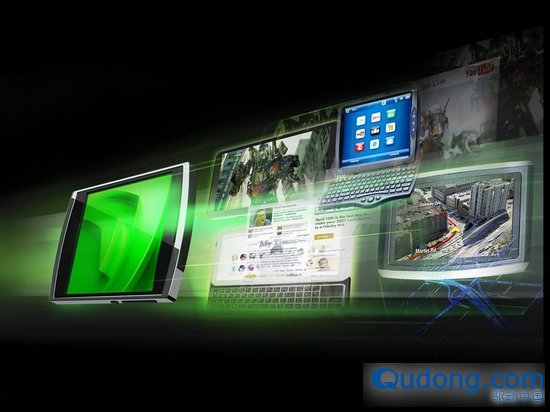

As technology has advanced, the boxes have become more geometrically detailed polygons, and the decals have become more accurately shaded and lit textures. In the beginnings of 3D Gaming, characters and worlds were basically built from boxes with decals on them. By making behavior more realistic, the graphics look and “feel” better. Our flexible curriculum allows you to move between our programmes in the earlier years, which will ensure you find the right programme for you at Kent.NVIDIA PhysX technology helps games play better and feel better by making interaction with environments and characters far more realistic than ever before. We’re a welcoming and supportive school with a lively student community. The student-run Physics, Space and Amateur Rocketry societies organise talks, practical demonstrations and social events. Study a wide range of modules and build your degree around your interests.This programme is fully accredited by the Institute of Physics (IOP). You’ll have access to our teaching and research facilities including state-of-the-art laboratories, high performance computers and protein mass spectrometers.īuild the connections that matter thanks to our links with optical laboratories, local health authorities, aerospace/defence industries and software and engineering companies.Focus on your future with expert careers advice and the opportunity to complete a professional placement.Open up a world of opportunities by gaining transferable skills, such as problem solving, independent investigative skills, communication and analytical skills.Our lecturers are both innovative teachers and active researchers working at the cutting-edge of research across a range of fields including quantum materials and applied optics.Benefit from our membership to the South East Physics Network (SEPnet), which offers a competitive programme of summer internships, career focused events, advice and a wider physics community.Our dedicated foundation year makes our course accessible to those without a science background.


In your first year, the focus is on the fundamentals of electricity and light, mathematics, mechanics, and thermodynamics alongside experimental, computational, statistical and analytical skills.


 0 kommentar(er)
0 kommentar(er)
